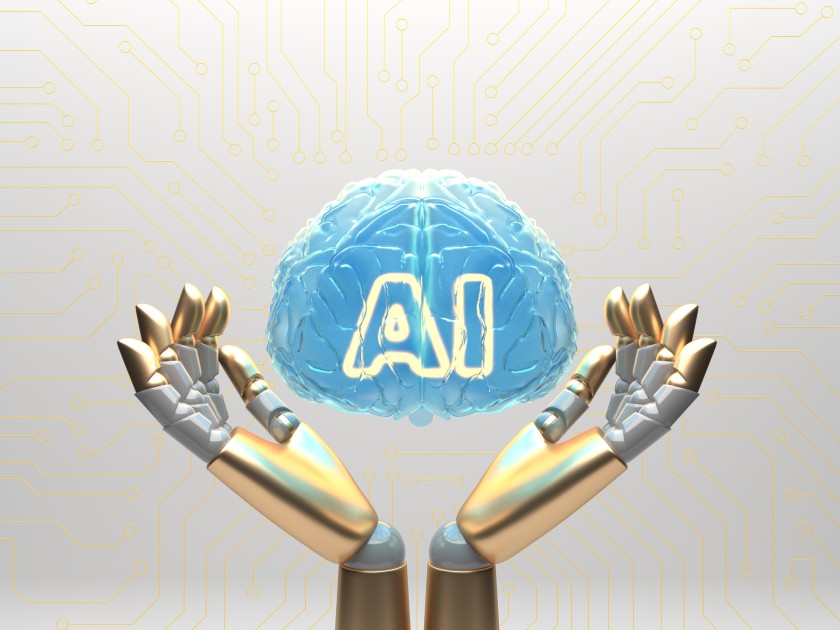Artificial Intelligence (AI) has come a long way in recent years, with AI agents now able to tackle complex tasks, from understanding natural language to making autonomous decisions. Just like humans rely on memory to learn, reason, and adapt, AI agents also need memory to operate effectively.
In this blog post, we’ll dive into why memory is so important for AI agents, how it boosts their capabilities, and the hurdles we face in creating strong memory systems.
Why Memory Matters in AI
1. Context Retention for Better Conversations
AI chatbots and virtual assistants (like ChatGPT or Alexa) depend on memory to keep track of context during conversations. Without memory, each interaction would feel like a standalone event, resulting in disjointed and frustrating experiences for users.
For instance:
With Memory:
User: “What’s the weather in New York today?”
AI: “It’s sunny with a high of 75°F.”
User: “What about tomorrow?”
AI: “Tomorrow will be partly cloudy with a high of 72°F.”
Without Memory:
User: “What’s the weather in New York today?”
AI: “It’s sunny with a high of 75°F.”
User: “What about tomorrow?”
AI: “I’m sorry, I don’t have any context. Could you specify the location?”
Memory helps AI retain important details, making interactions feel smoother and more human-like.
2. Learning and Adaptation
AI agents get better over time by learning from their past experiences. Memory allows for:
Personalization: AI can remember user preferences (like favorite music or shopping habits).
Error Correction: AI can steer clear of repeating mistakes by recalling past failures.
Continuous Learning: AI systems, such as reinforcement learning agents, use memory to fine-tune strategies based on historical data.
3. Long-Term Reasoning and Planning
When it comes to advanced AI applications think autonomous vehicles or medical diagnosis systems having long-term memory is crucial for a few reasons:
– It allows for the storage and retrieval of massive amounts of data.
– It helps in making informed decisions by looking at historical trends.
– It enables predictions about future outcomes by analyzing past patterns.
Types of Memory in AI
AI memory can be broken down into several categories:
– Short-Term Memory (Working Memory)
– This is used for immediate tasks, like keeping track of a conversation’s context.
– It’s often implemented through attention mechanisms, such as those found in Transformers.
– Long-Term Memory
– This type stores knowledge over longer periods, like in databases or vector stores.
– It’s utilized in retrieval-augmented generation (RAG) models to pull up relevant information.
– Episodic Memory
– This records specific events or experiences, like a robot remembering a navigation route.
– It’s particularly useful in reinforcement learning and robotics.
Challenges in AI Memory Systems
While memory certainly boosts AI capabilities, it also brings along some challenges:
– Scalability: Efficiently storing and retrieving large amounts of data can be tough.
– Privacy: It’s essential to handle sensitive user data securely.
– Catastrophic Forgetting: Sometimes, AI models might “forget” older knowledge when they learn something new.
– Bias & Hallucinations: Memory can sometimes reinforce biases or lead to incorrect recollections.
The Future of AI Memory
Looking ahead, we might see advancements like:
– Neuromorphic Computing: This would mimic how the human brain processes memory.
– Lifelong Learning AI: Systems that can learn continuously without losing previous knowledge.
Conclusion
Memory is truly the backbone of intelligent AI systems, allowing for context-aware interactions, learning, and long-term reasoning. As AI continues to evolve, developing more advanced memory architectures will be essential for creating genuinely autonomous and adaptive agents.
What do you think about AI memory? Should AI forget certain things, or should it remember everything? Let’s chat about it in the comments!













